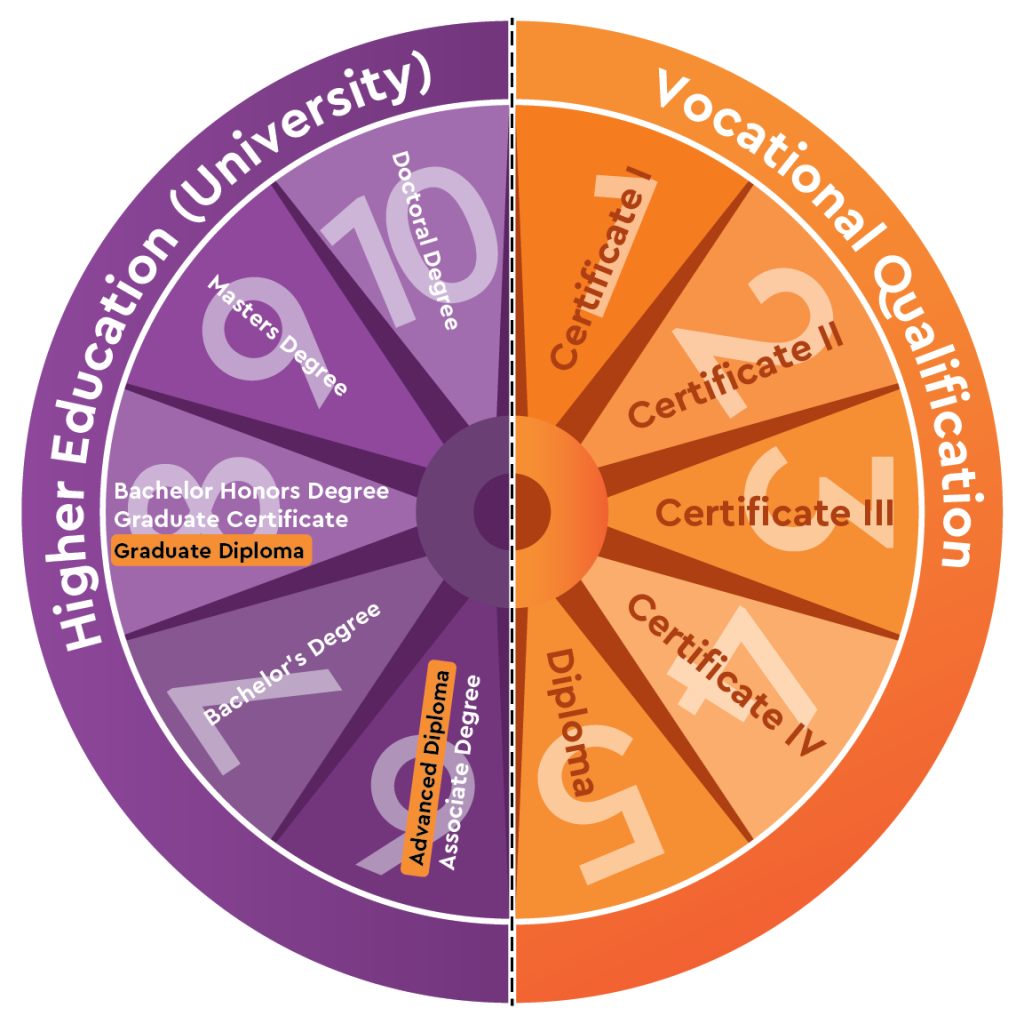Over 300+ vocational colleges to choose from
Talk to us and we'll get you into the right course and into the right institution.
Still got questions? One of our trained experts is here to help. Fill out the form and we'll get back to you.
Planning on studying a Vocational Course?
We strongly suggest you read this page to understand which course is suitable for you!
What is a vocational Course?
Australian Vocational Education and Training (VET) is based on competency-based learning & assessment. It focuses more on hands-on tasks. So, if you are a hands-on person and enjoy doing work that requires mostly physical skills, then a vocational course is the best fit for you!
For example, if you wish to become a chef or an automotive mechanic, you typically need to go to a college that does a vocational program for a vocational outcome.
Who offers Vocation Education & Training (VET)?
VET courses are primarily offered by Registered Training Organisations (RTOs). These include Technical and Further Education (TAFE) institutes and private colleges. Some universities may also offer VET courses in addition to higher education courses. Each Australian state or territory registers these organisations to:
- provide quality training
- deliver courses developed with industries
- issue nationally recognised qualifications
Is there a demand of people who study vocational courses?
ABSOLUTELY! Vocational courses are always in HIGH DEMAND! Australia has a skills shortage list and we need people!
Have a look here at Medium and Long‑term Strategic Skills List
Doing any of these courses will additionally give you an advantage to gain a VISA 485 to work in Australia!
VET popular courses
- Business and Management
- Community services and health care
- Communications and information technology
- Design and the arts
- Engineering & building
- Hospitality and tourism
- Land management, agriculture, fisheries, and forestry
- Sports & recreation
- Cookery
- Automotive
- Childcare & Age care
Categories of Vocational Courses
Certificate I
- Duration – 4 to 6 months
- Career outcome – Competent operator
Certificate II
- Duration – About 1 year
- Career outcome – Advanced operator
Certificate III
- Duration – About 1 year
- Career outcome – Qualified tradesperson or technician
Certificate IV
- Duration – 12 to 18 months
- Career outcome – Supervisor
Diploma
- Duration – 18 to 24 months
- Career outcome – Professional
Advanced Diploma
- Duration – 24 to 36 months
- Career outcome – Manager

Courses in high demand for you to consider
Take a look at the complete list of high demand qualifications from a range of sectors.
Average tuition costs
VET course fees range from AUD$4,000 to $22,000 per year. Higher-level vocational courses, including vocational graduate certificates and diplomas, may have higher fees.
Entry Requirements
Entry into the VET system usually requires students to have reached a level of study equivalent to the Australian Year 10, 11 or 12. Some courses may have prerequisite subjects or work experience requirements. Entry into some courses, such as art and design, may also require submission of a portfolio. Students should check with individual providers for any additional entry requirements, English language requirements, information on fees and charges, and course starting dates.
How do VET courses differ to higher education courses?
Traditionally, VET courses are known to focus more on providing practical and work-orientated occupational skills, whereas university or higher education courses are better known for focusing on providing theory-based knowledge and professional career paths. There are many exceptions to this rule, however, because VET covers such a wide range of different courses and qualifications.
University courses tend to focus more on brain work, a lots of theoretical learning, exams and assessments to prepare you for jobs that are more office based, white collar jobs. Whereas, a vocational course focuses on competency based learning, which means that you do things physically to learn.
If you want to become a doctor, a lawyer or an engineer, studying at a university is the way to go! But if you wish to have a technical skill, then you are looking at studying a vocational course.
Doesn’t matter where or what course you study, in Australia, both Vocational and degree outcomes pay we equally well!
Higher education pathways
VET courses at the certificate IV, diploma and advanced diploma level can provide students with a pathway into the higher education sector. In addition to helping students meet entry requirements, VET courses can also provide credit towards some higher education courses. For example, students who graduate with a diploma may receive up to two or three semesters of credit towards a related bachelor’s degree. The exact amount of credit granted depends on the institution, the degree and the VET qualification completed. It is important to check pathways and credit arrangements with institutions.
It is also becoming increasingly common for higher education graduates to complete VET qualifications in order to gain practical, work-orientated skills to assist them to enter the workforce.